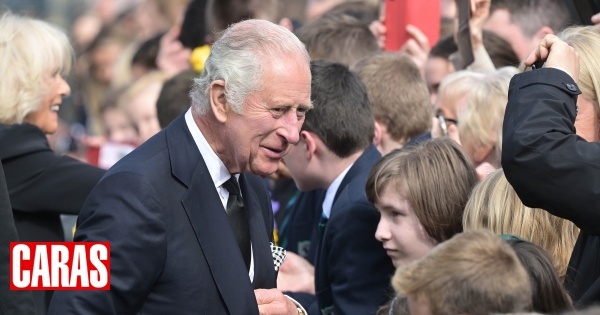
eldest son of Queen Elizabeth II And the new king of the United Kingdom will inherit the private wealth of the former sovereign, which is estimated, according to Sunday times, 425 million euros. However, unlike with the rest of the British, Charles III Exempt from paying taxes related to this inheritance.
In the UK, the inheritance tax of over €373,000 is 40%, but the King will not have to hand over part of that amount to finance. Charles III will also receive an annual sovereign grant from the British Treasury, at a fixed rate of 15% of the British Treasury’s profits. This grant will finance costs related to the official obligations of the King and some members of the Royal Family. These expenses relate, for example, to the maintenance of mansions, the payment of salaries to employees and official travel.
Tax free since 1993, the differential treatment of the heir to the crown is a sensitive issue for the UK and is causing a great deal of controversy. Claire HuchanBritish writer and activist said: “Carlos Mountbatten-Windsor is exempt from paying inheritance taxes. It is outrageous that our new head of state can accumulate such a fortune while so many of the people he is supposed to represent depend on food banks and will not be able to heat their homes in the winter.”.
As announced in May this year by Sunday times, the former king’s personal fortune is estimated at 425 million euros, but thanks to a government memorandum in 2013, Charles III is still allowed to receive his own fortune. Therefore, to the fortune of the queen is added the special amount of Carlos, whose value is estimated at about 100 million euros.
Despite the high value they will inherit, much of the wealth of English monarchs comes from the goods and property held by the monarchy as an institution rather than from the personal wealth of the former ruler. Thus, Charles III still owned commercial properties and lands belonging to the crown, residences, art and jewelry collections. The famous crown jewels alone are worth €3.4 million.
As far as the monarchy is concerned, with his accession to the British throne, the King will lose the Duchy of Cornwall. This private property now passes to his eldest son and heir to the throne, William. In return, the King will inherit the Duchy of Lancaster, which last year had a net surplus of £24m. The value of the proceeds from this private ownership of commercial, agricultural, and residential goods would cover most official expenditures.

“Infuriatingly humble analyst. Bacon maven. Proud food specialist. Certified reader. Avid writer. Zombie advocate. Incurable problem solver.”

